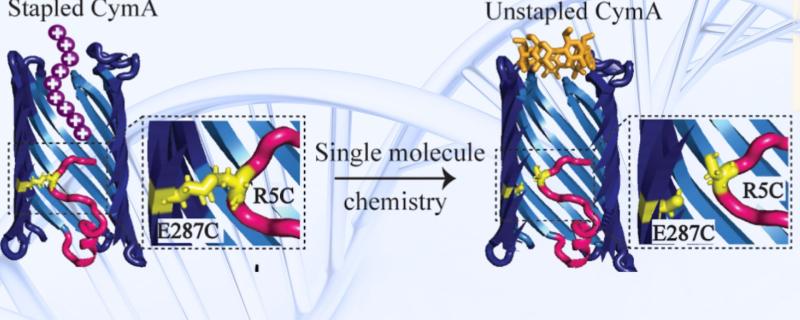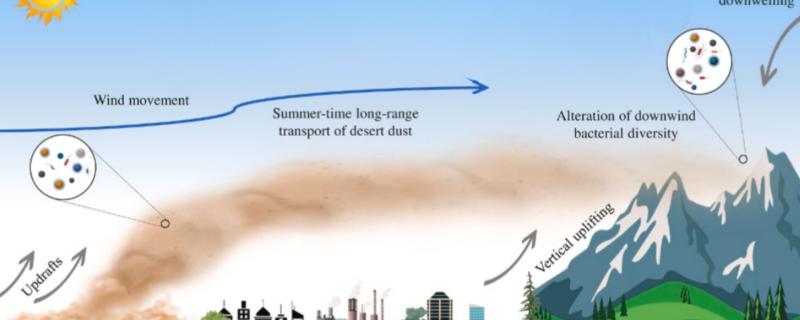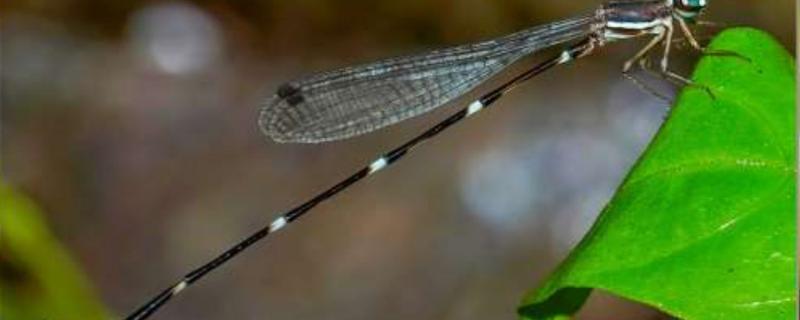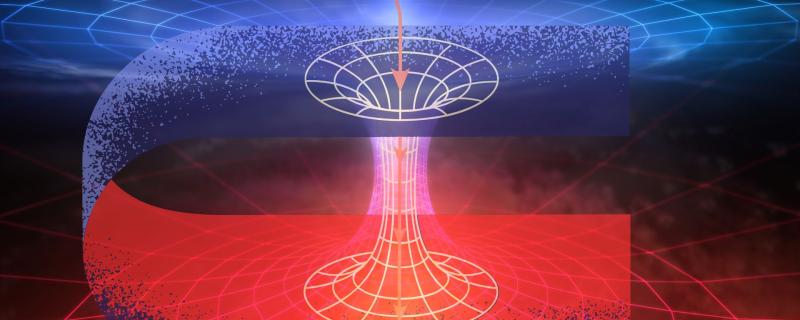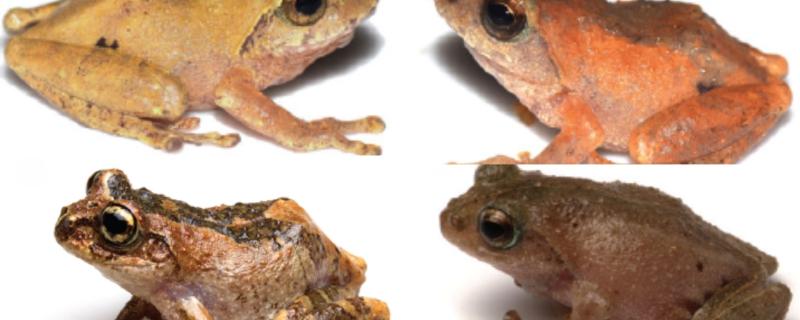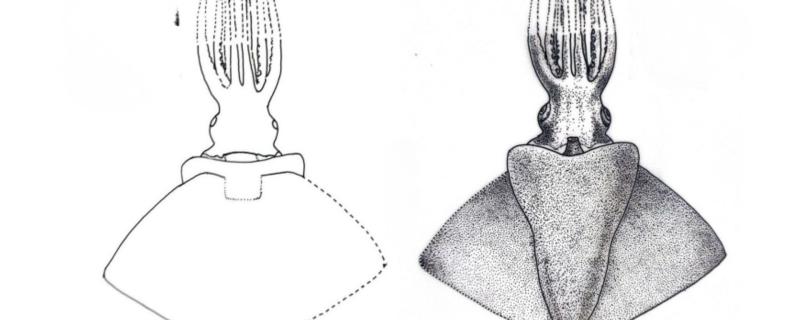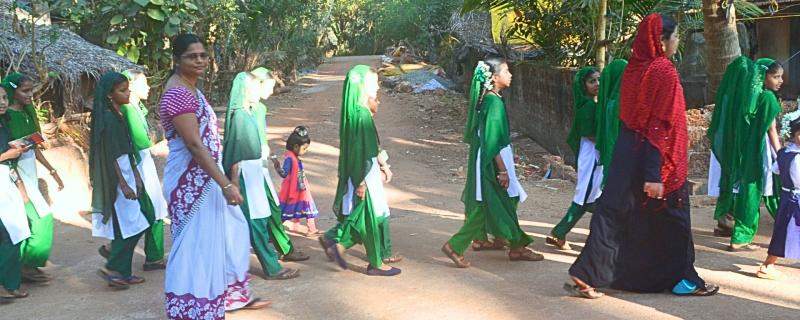Researchers have successfully manipulated the internal structure of a bacterial membrane protein to switch its sensing capabilities between small and large molecules, paving the way for advanced diagnostic tools.
A new review reveals that rising global temperatures, increased pollution, and extreme weather events are driving a global surge in eye diseases, disproportionately affecting vulnerable communities and challenging healthcare systems.
Roorkee/

